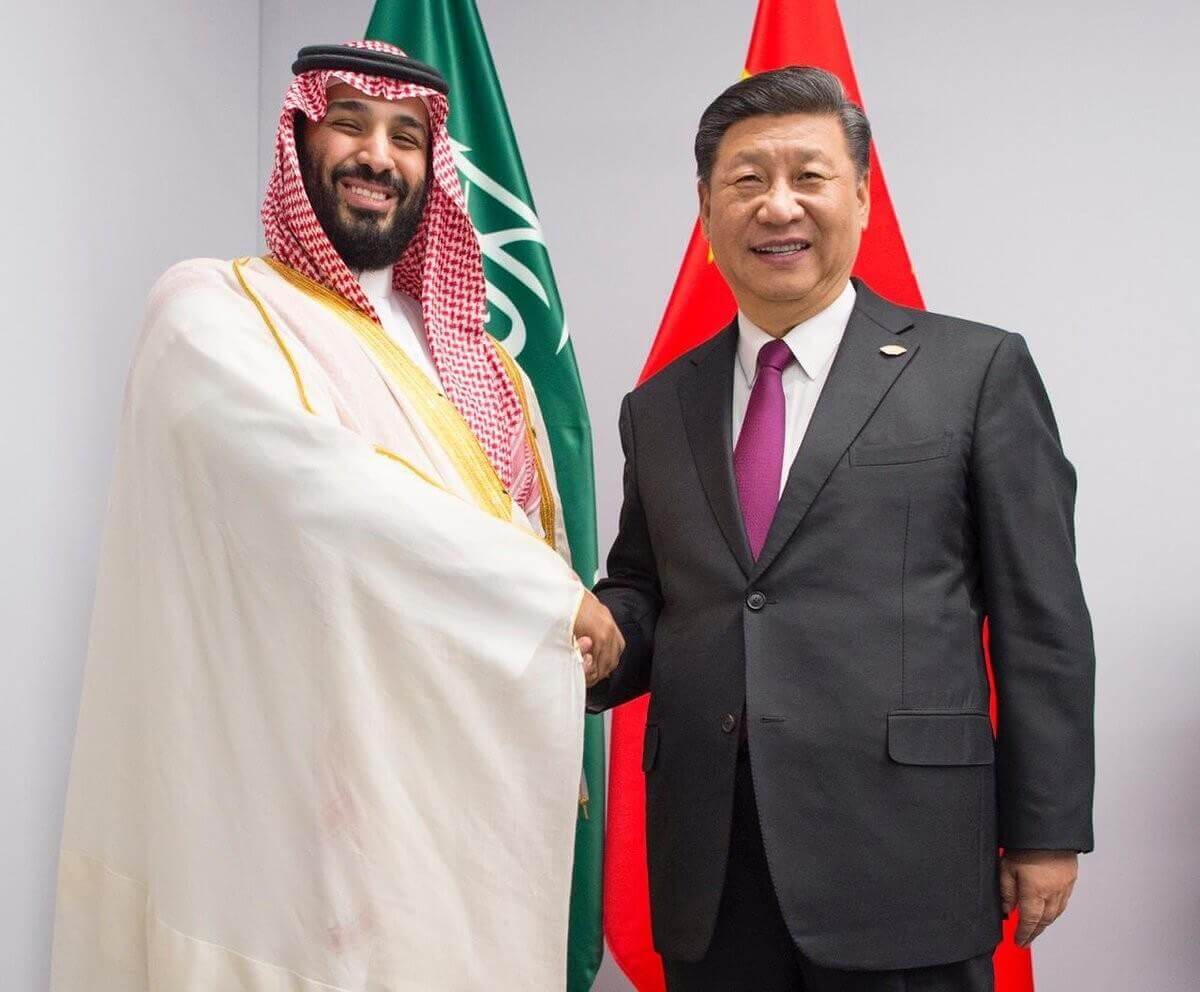The Wall Street Journal has released an exclusive news piece that details a Saudi Arabia deal with China to construct a facility for the extraction of uranium yellowcake, reportedly in a bid to advance the Kingdom’s nuclear technology facilities.
The facility has not yet been publicly disclosed but is rumoured to have begun construction near the sparsely populated desert city of Al Ula, located in the country’s north-west. Even though WSJ reports that Riyadh is not even close to the point of developing nuclear weaponry, the exposure of the facility has appeared to draw attention and alarm in the American Congress, where lawmakers have expressed their concern about Saudi’s growing nuclear energy goals in light of Crown Prince Mohammad bin Salman’s 2018 statement, in which he vowed that the Kingdom would “follow suit as soon as possible” if its adversary Iran successfully developed nuclear weapons. The move is also likely to cause alarm in Israel, whose officials have closely monitored Riyadh’s nuclear progress.
In 2012, the Saudi government signed a nuclear cooperation pact with Beijing to develop and use “atomic energy for peaceful purposes”. The pact was signed with the China Nuclear Engineering Group Corp and the China National Nuclear Corp. And while the Saudi Energy Ministry in a recent statement acknowledged the contract with the Chinese for uranium exploration, it has also categorically denied the existence uranium ore facility in the specified area. Western officials monitoring the region have said that mineral extraction, particularly that of uranium, forms a crucial element of the oil-rich country’s strategy for economic diversification.
Currently, Saudi Arabia does not have any known program on nuclear weapons, and neither has it acknowledged any operating reactors or uranium enrichment capacity. However, it has indicated a shift towards acquiring nuclear plants in its bid to reduce reliance on its principal export, petroleum.
According to WSJ, the United States and its allied governments have currently withheld all information about the alleged yellowcake facility, which is why energy experts are also struggling to find details about whether it has even begun operating. As a form of milled uranium, yellowcake is a naturally occurring ore in Saudi Arabia and its neighbouring countries like Jordan. It is only after chemically processing the ore into a fine powder and the use of advanced technology in additional steps that the uranium can be enriched at a level sufficient enough to power any civil nuclear plant. Only at extremely high enrichment levels can the uranium even be used to fuel nuclear weaponry.
Nuclear non-proliferation experts, however, have acknowledged that Saudi is not violating any of its international agreements by constructing this facility. The Kingdom is a signatory to the International Atomic Energy Agency’s (IAEA) Small Quantities Protocol, which does not have any obligations for it to disclose its yellowcake site to the international watchdog. Riyadh has also not yet committed to the IAEA’s Additional Protocol, which would allow the body to closely inspect any nuclear and non-nuclear facilities requiring extensive reporting from state authorities. Further, in May 2019, a Democratic US Congressional Committee had issued a report warning the government that President Donald Trump was allowing American companies to offer the Kingdom nuclear technologies without securing any non-proliferation guarantees. Before that, government whistleblowers had exposed that the Trump administration had bypassed Congress to allow nuclear sales to Saudi Arabia.
Saudis have previously raised concerns regarding a potential nuclear race in the Gulf to justify its expedition of construction for a research reactor and building civilian power reactors.
WSJ Reports Saudi Arabia Building a Nuclear Reactor With Chinese Help
Western officials are reportedly concerned of the Kingdom's growth in atomic energy
August 6, 2020

SOURCE: SOUTH CHINA MORNING POST
